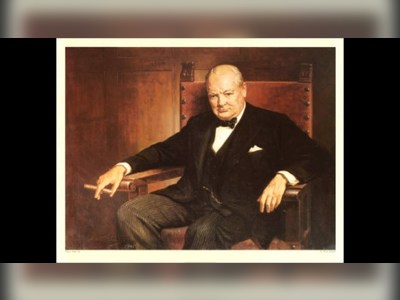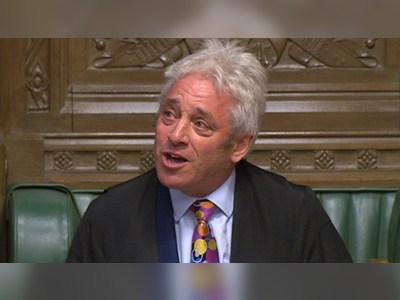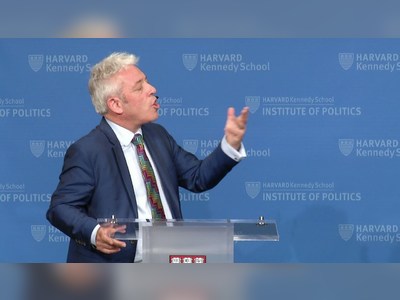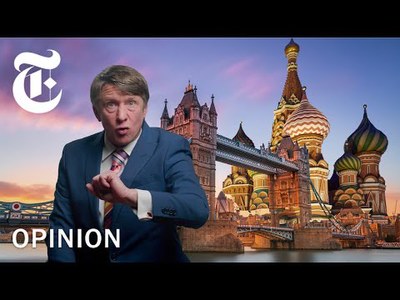British Heritage
Remember, Cherish, Learn.
beta
Winston Churchill: "We shall fight on the beaches"
The Iconic "We Shall Fight on the Beaches" Speech.
One of the most significant moments that shaped and continues to shape Britain's historical and cultural identity was when Winston Churchill, then Prime Minister, delivered his impassioned "We shall fight on the beaches" speech to the House of Commons on June 4, 1940. This speech has since echoed throughout history, inspiring not only the British public during the tumultuous times of World War II but also generations beyond and around the globe.
Delivered amidst the trying backdrop of the Battle of France, this was the second of three major speeches given by Churchill around this period, with the other two being "Blood, toil, tears and sweat" and "This was their finest hour". Churchill masterfully crafted his speech to communicate the looming threat of a Nazi invasion, the disastrous military situation, and the potential for France's exit from the war. Yet, despite these grave circumstances, his speech was not one of despair but one of determined resolve and an unwavering commitment to victory.
With poetic eloquence, Churchill painted a picture of an embattled Britain that would stand resolute, defending its shores and freedom to the last man if necessary. It was an embodiment of the British spirit, a rallying cry that promised, "We shall fight on the beaches, we shall fight on the landing grounds, we shall fight in the fields and in the streets, we shall fight in the hills; we shall never surrender."
Churchill's speech has become an emblematic part of British heritage, etching a narrative of resilience and bravery into the nation's cultural memory. This iconic speech underscored Britain's determination during World War II and helped to shape the nation's identity as steadfast, resilient, and indomitable in the face of adversity. It encapsulates the 'Blitz spirit', a term used to describe the sense of national unity and resilience that emerged among the British populace during the war, particularly during the devastating bombing raids of the Blitz.
Interestingly, this speech was revisited and in part reprised by Ukrainian Prime Minister Volodymyr Zelensky in 2022, which further underlines its timeless relevance and impact on global narratives of resistance and resilience. It also serves to underline Churchill's influence on world leaders, even decades after his time.
The reception of Churchill's speech was remarkable. Despite the bleak military outlook, it ignited a spark of hope and resolve in the hearts of its listeners. Churchill's speech resonated with the House of Commons, prompting emotive responses from members of all parties. It was not only widely recognized as a historic oration but also inspired immediate action, prompting the British public to brace for the challenges that lay ahead.
One of Churchill's secretaries, Jock Colville, noted that the speech "obviously moved the House." Similarly, a Conservative MP, Chips Channon, wrote in his diary, "he was eloquent and oratorical and used magnificent English; several Labour members cried." The American journalist H. R. Knickerbocker later stated that the words of the speech "deserve to be memorized by us all."
Unfortunately, no audio record was made at the time of the original speech. However, it was so powerfully delivered and impactful that many people after the war misremembered hearing Churchill deliver the speech on the radio. It was only in 1949 that Churchill made an audio recording of the speech by repeating his original oration. This recorded version has since been used in numerous popular culture references, including music and films, further testament to the speech's enduring significance.
Winston Churchill's "We shall fight on the beaches" speech stands as a testament to British resilience and an iconic contribution to British heritage. In the face of a daunting military disaster, Churchill's stirring words promised unwavering resistance and rallied a nation. The speech not only defined a critical moment in British history but also continues to inspire and resonate with audiences worldwide, symbolizing courage, determination, and unyielding resilience in the face of adversity.
An Inspirational Call to Arms in the Face of Adversity
Delivered amidst the trying backdrop of the Battle of France, this was the second of three major speeches given by Churchill around this period, with the other two being "Blood, toil, tears and sweat" and "This was their finest hour". Churchill masterfully crafted his speech to communicate the looming threat of a Nazi invasion, the disastrous military situation, and the potential for France's exit from the war. Yet, despite these grave circumstances, his speech was not one of despair but one of determined resolve and an unwavering commitment to victory.
With poetic eloquence, Churchill painted a picture of an embattled Britain that would stand resolute, defending its shores and freedom to the last man if necessary. It was an embodiment of the British spirit, a rallying cry that promised, "We shall fight on the beaches, we shall fight on the landing grounds, we shall fight in the fields and in the streets, we shall fight in the hills; we shall never surrender."
The Legacy of the Speech and its Impact on British Heritage
Churchill's speech has become an emblematic part of British heritage, etching a narrative of resilience and bravery into the nation's cultural memory. This iconic speech underscored Britain's determination during World War II and helped to shape the nation's identity as steadfast, resilient, and indomitable in the face of adversity. It encapsulates the 'Blitz spirit', a term used to describe the sense of national unity and resilience that emerged among the British populace during the war, particularly during the devastating bombing raids of the Blitz.
Interestingly, this speech was revisited and in part reprised by Ukrainian Prime Minister Volodymyr Zelensky in 2022, which further underlines its timeless relevance and impact on global narratives of resistance and resilience. It also serves to underline Churchill's influence on world leaders, even decades after his time.
Success and Reception of Churchill's Speech
The reception of Churchill's speech was remarkable. Despite the bleak military outlook, it ignited a spark of hope and resolve in the hearts of its listeners. Churchill's speech resonated with the House of Commons, prompting emotive responses from members of all parties. It was not only widely recognized as a historic oration but also inspired immediate action, prompting the British public to brace for the challenges that lay ahead.
One of Churchill's secretaries, Jock Colville, noted that the speech "obviously moved the House." Similarly, a Conservative MP, Chips Channon, wrote in his diary, "he was eloquent and oratorical and used magnificent English; several Labour members cried." The American journalist H. R. Knickerbocker later stated that the words of the speech "deserve to be memorized by us all."
Unfortunately, no audio record was made at the time of the original speech. However, it was so powerfully delivered and impactful that many people after the war misremembered hearing Churchill deliver the speech on the radio. It was only in 1949 that Churchill made an audio recording of the speech by repeating his original oration. This recorded version has since been used in numerous popular culture references, including music and films, further testament to the speech's enduring significance.
In Conclusion: A Testament to British Resilience
Winston Churchill's "We shall fight on the beaches" speech stands as a testament to British resilience and an iconic contribution to British heritage. In the face of a daunting military disaster, Churchill's stirring words promised unwavering resistance and rallied a nation. The speech not only defined a critical moment in British history but also continues to inspire and resonate with audiences worldwide, symbolizing courage, determination, and unyielding resilience in the face of adversity.
- We shall fight on the beachesen.wikipedia.org




